Paulette Steeves is a Cree-Métis archeologist who is uprooting modern perceptions of Indigenous history. She questions the common belief that humans arrived in the Americas 12,000 years ago or after the ice age. Her dissertation, published in 2015, argues that there is evidence supporting human presence in North America far earlier. In fact, she has compiled a database of hundreds of archeological sites that indicate her Indigenous ancestors have been here for over 130,000 years and likely more than 200,000 years.
Steeves centres her work on Indigenous method and theory, which includes weaving together Indigenous knowledge, oral traditions and science to create a more informed view of the Indigenous past.
She is currently the Canada Research Chair in Healing and Reconciliation at Algoma University in Sault Ste. Marie, Ont. Her book, The Indigenous Paleolithic of the Western Hemisphere, was published last July.
Amy van den Berg: Tell me how you came to archeology.
Paulette Steeves: In 1980, I was going through a volatile divorce, leaving my home community of Lillooet, B.C. I had a truck, three kids, one terminally ill with a serious environmental illness, 26 cents and a Grade 8 education. I went to speak with Leonard Sampson, a Salish Elder. He told me that he and the Elders believed I was going to help all Indian people. At the time, I could not imagine anything harder. But I never forgot his words.
I left there and moved numerous times to feel safe. In 1994, I moved to Fayetteville, Ark., where my terminally ill oldest son could live in a cleaner environment.
I never planned to go to university. But I was always very inquisitive and independent. After living in Arkansas for a year, I could apply for student loans. I ended up working at the University of Arkansas as a janitor and taking classes. After six months, I was able to stop working as a janitor because I got a full scholarship and got into an honours program.
Then the Quapaw tribe from Oklahoma approached me. They were trying to reclaim 500 sets of ancestors’ remains, and the museums were not giving them back. They asked if I could help them do genetic work in some way.
Av: What did you tell them?
PS: I was just an undergrad student and didn’t have access to a genetic lab there. I applied for a student grant and got one of the top geneticists in the Americas to work with me. As soon as we matched the DNA with modern Quapaw Elders, the remains were returned and reburied. That was a really strong message to me about the importance of archeology and science in supporting Indigenous communities.
I think it was the last year of grad school in 2010 when I realized that’s what the Elders meant. My job is just to change world history and reclaim hundreds of thousands of years of Indigenous history for Indigenous people. And so here I am.
Av: Your PhD dissertation was the first thesis in the United States to use Indigenous method and theory in anthropology. Why is this important?
PS: As an undergrad, I never saw papers by Indigenous authors or had a single teacher who was Indigenous.
I read a paper by [Native American historian and activist] Vine Deloria Jr., which explained that there was an intentional blocking of Indigenous voices and world views in many areas of academia. I started to find other papers by Indigenous scholars and to understand how to do Indigenous research.
To me, that was not only a challenge but also a lot of fun. It’s something you do to open that path for anyone who follows in the next generations.

Av: You argue that Indigenous people have been in North America a lot longer than what is currently the accepted date. Can you explain your research?
PS: I didn’t know when I started grad school if there were sites that were older than 13,000 years, so I emailed an archeologist at the Denver Museum of Nature and Science, just out of the blue, and asked him if he knew of older sites. He emailed me back saying yes, there were some, but to not tell anybody what I was studying. He said, “They’re just gonna call you crazy. And you will never get grants.”
But I began to look at those sites. And from those I found other sites, and in two weeks I had a list of over 500. And I thought, this is crazy. Here’s this other possibility that people have been here much longer and came prior to the last glacial maximum.
Av: What is the value of knowing exactly how far back humans were in North America or in the Western Hemisphere?
PS: We are indigenous to the continents of the Americas, but when archeologists say that we have not been here for relatively long, they erase our Indigeneity; they cleave our links to the land.
Archeologists are very aware of the power of the past and present, and how deeper time frames and links to the land legitimize Indigenous peoples’ ownership of the land and makes them more human. When we’re framed as a very recent group of people, not nearly as evolved as the rest of the world, you change people’s world views of Indigenous people.
Av: And why do you think this is happening?
PS: Let me just read you something from a recent National Geographic article that quotes Tom Stafford, a dating scientist that I worked with. He’s worked on dating sites in the Americas for years, and he said scientists have sent him excavated material to radiocarbon date and requested he stop analyzing once he reached material that was 13,000 years old. Such hard lines may have blinded past research. “If you’re not looking for anything, you’re not going to find it,” Stafford says. “So, therefore, there are very few sites.”
More on Broadview:
- Indigenous mural changes the narrative in Toronto church
- How Vancouver’s First United centres Indigenous healing
- Rebecca Kudloo is fighting for a violence-free future for Inuit families
Av: Some have described your approach as “archeology with, for and by Indigenous people,” which you believe is essential to reclaiming and reviving Indigenous ways. Looking to the future, what work do you still need to do?
PS: I’ve always said I have to live to be 126 years old just to get my work done. There’s a lot of research I still need to do, but my main goal has always been how we address high suicide rates in Indigenous communities.
I think about something my daughter told me once. She lives on her dad’s reservation in British Columbia, and she went to a workshop where each person had to say one thing that gave them hope. It got to this one girl and she said, “There’s an archeologist in the States who says we’ve been here more than 50,000 years. That gives me hope we’ll get our identity back.”
I think about that often when I get tired, when I don’t want to do any more or I’m sick of dealing with not-nice people. It just really fuels me to keep going, keep pushing.
Av: Your work calls on academia to rethink colonial practices and assumptions. Do you find that people are listening to you?
PS: I was once asked, “Why aren’t other Indigenous archeologists critical about American archeology?” Because it’s not safe. You don’t speak out against where you get your paycheque, where you get your opportunities, where you get your grants.
But I don’t have that issue. I’m listening. And I know that Creator has my back, and somebody needs to tell the truth. Colonization will not be addressed or changed if it’s not discussed.
***
This interview has been edited for length and clarity. It first appeared in Broadview’s April/May 2022 issue with the title “Decolonizing ancient history.”
Amy van den Berg is a writer in London, England.

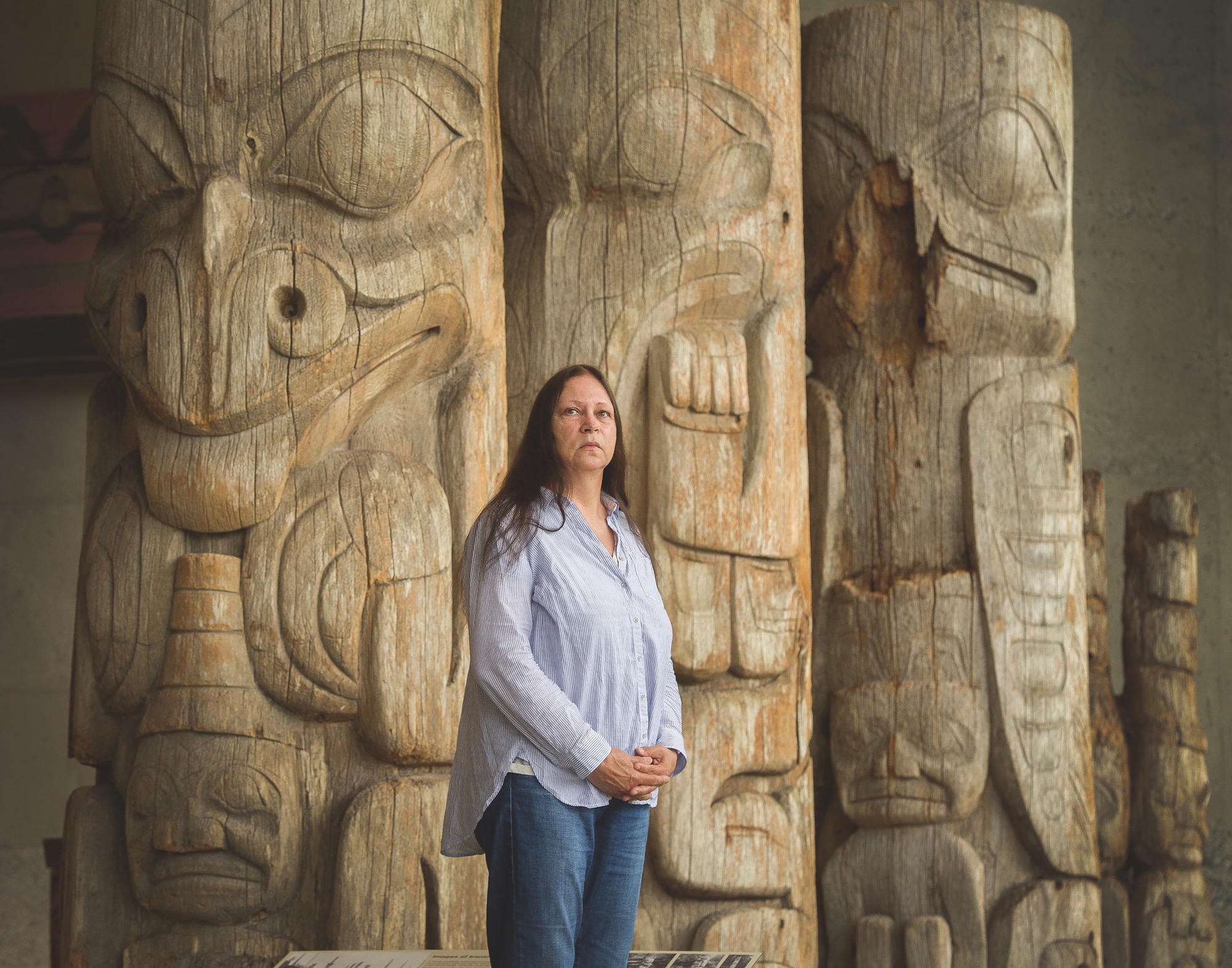








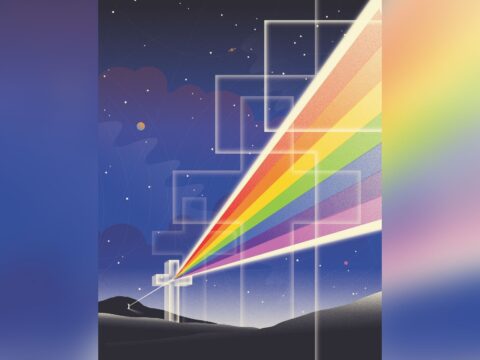
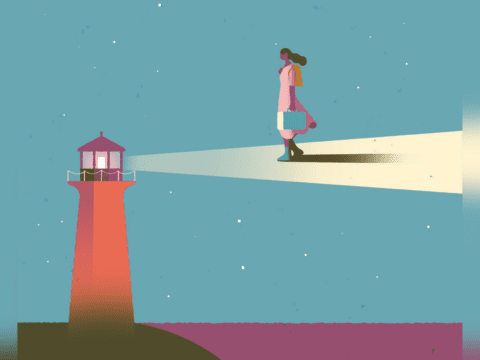
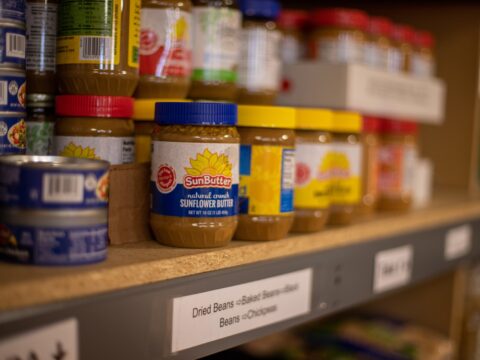

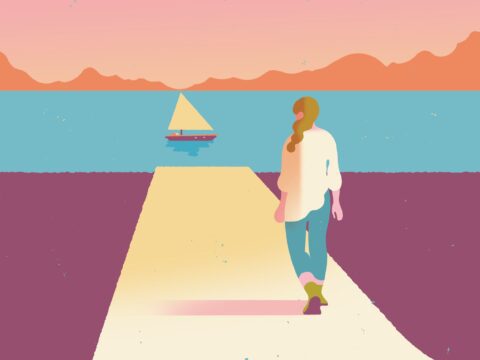
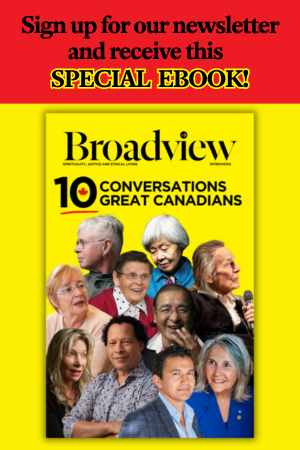
Love this article. I am a Spanish teacher and always interested in the origins of man.
Thank you
I enjoy history, anthropology and archeology. This is a great article but I’m just an average white guy whose ancestors are European. I guess I don’t understand what it means to ‘get one’s identity back.’
I’ve traced by family tree back to my great grand parents and that’s enough for me. Things get rather muddy the further back I go. But how will reclaiming one’s indigenous roots make life better for those folks today? We still have to live within modern society. Just from my viewpoint, the past is interesting and we can learn much from it but it is the future we must look forward to. I have no idea who my early ancestors were and, for me, it doesn’t matter.